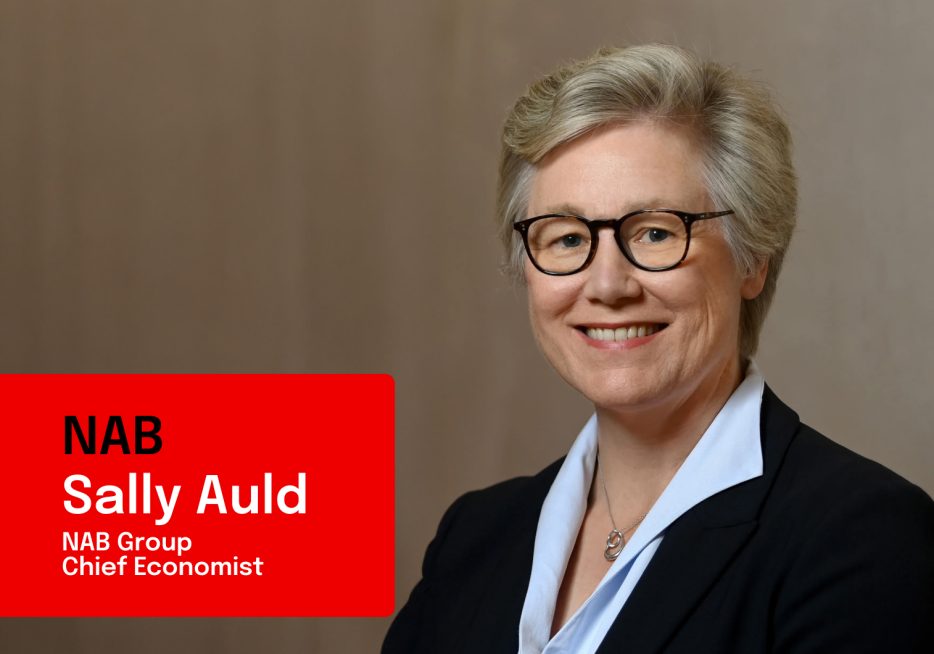We hear from NAB Group Chief Economist, as she shares her latest economic update. Watch now.


No matter what the size of your business, it’s never too early to start securing a retirement nest egg and planning how to comfortably fund your future lifestyle.

It’s not just how hard you work and how much you earn but how you reinvest your money that determines financial security for retirement. Informed investing in super and external assets as you chart your business – and life – journey is essential.
Examine which superannuation avenues can boost your savings in every life phase. While you may consider your business your most important asset, generous tax breaks and potential wealth growth from super contributions are often the cornerstone of a sound business plan for long-term saving.
Iain Rogers, Head of NAB Financial Planning, outlines a broad age-group approach to investing for retirement.
Get into good savings habits early. Take out insurance to be eligible for cheaper premiums. Detail a plan to build wealth over the long term.
Many have a family and a home and may be building up a business at this life phase. Consider taking out business insurance, along with life insurance, critical illness protection and income protection. And ensure a complete estate plan is in place. Currency of wills and powers of attorney is vital. As cash flow picks up, consolidate debt and diversify by investing in assets such as property or shares. Consider the tax structures in which these are held. Simultaneously, start making extra contributions to superannuation. This can make you eligible for tax deductions if you’re self-employed. Think about transferring all your superannuation savings into one fund to save on fees. And if you’re an employee of the business, salary sacrifice.
Many have growing equity in property at this point. Investigate using the equity for investing with tax breaks. Keep contributing to super for further tax concessions. Consider a self-managed super fund – you may even be able to borrow within it.
As business assets grow in value, consider further asset diversification. It may be appropriate to access super while you’re still working. Investigate the most optimal tax structure in the transition to retirement – what assets should be outside super, what should be held in super and what pensions are appropriate. Many people don’t consider how they’ll sell their business until the last minute; reduce that potential stress by preparing in advance and having a succession plan. In the interim, make sure business insurance is maintained and move your shares into your super fund for tax efficiency.
As you begin to think about retirement and perhaps passing on some wealth to your children, seek advice about how to sell your business, taking into account capital gains tax exemptions to lower your tax bill. Try to boost your super contributions. You’ll get to a point where you can’t contribute any more to your superannuation fund so make the most of the tax breaks while you’re eligible. If you have assets outside of super, think about ways to incorporate them into your super. Also consider post-tax contributions for lifelong tax benefits. Once you’re relying on your savings for retirement income, ensure regular advice covers the asset allocation and income levels to maximise benefits.
© National Australia Bank Limited. ABN 12 004 044 937 AFSL and Australian Credit Licence 230686.